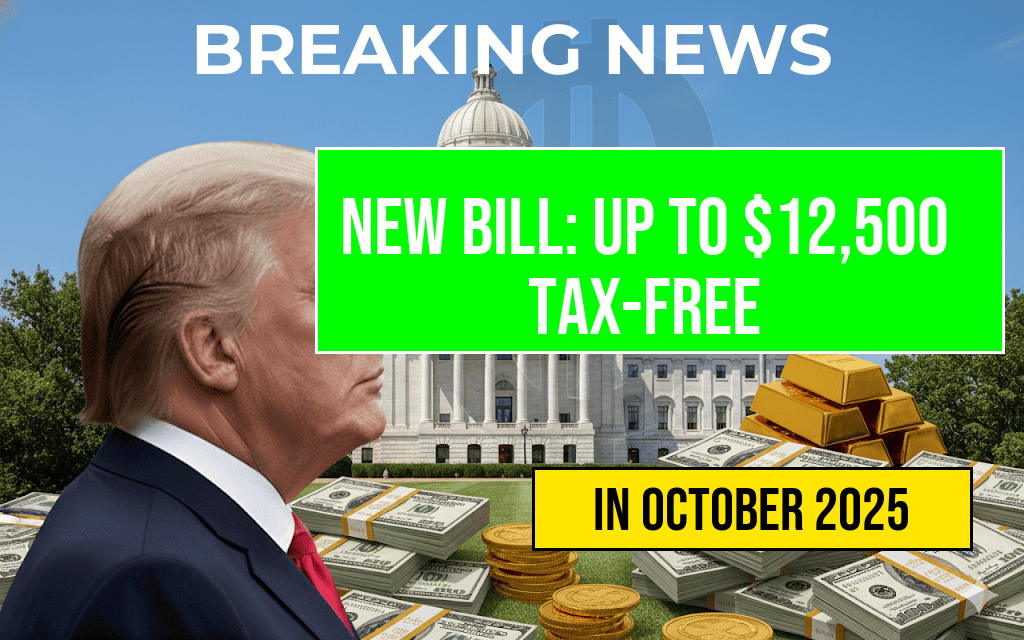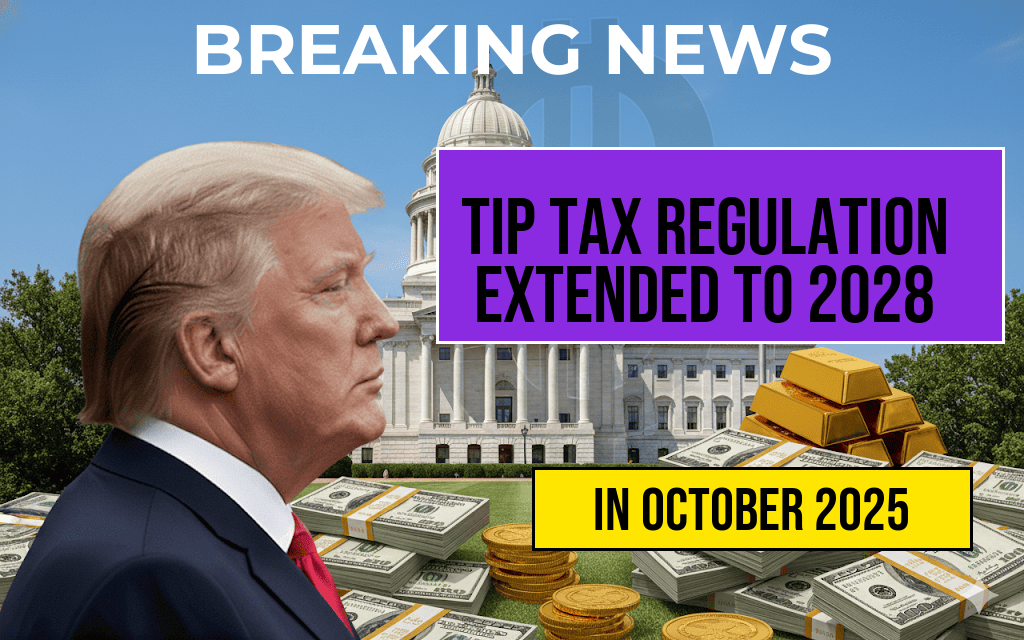A new legislative proposal aims to provide significant overtime relief for American workers, potentially allowing them to exempt up to $12,500 of their overtime earnings from taxation. This bill, introduced in the House of Representatives, is designed to address the financial strain many employees face due to increased workloads and rising living costs. The measure particularly targets hourly wage earners who often work beyond the standard 40-hour workweek, providing them with a much-needed financial boost. As the economy continues to recover from the disruptions caused by the pandemic, this initiative could play a pivotal role in enhancing workers’ financial stability. Advocates believe that this change will not only alleviate the tax burden on hardworking individuals but also encourage businesses to offer more overtime opportunities without the fear of significantly increasing their payroll tax liabilities.
Understanding the Proposed Overtime Tax Exemption
The new bill proposes a tax exemption for overtime earnings, aiming to allow workers to retain more of their income. Here’s how it works:
- Eligible workers can exempt up to $12,500 of their overtime pay from federal income tax.
- The exemption is designed specifically for hourly employees who earn overtime pay.
- To qualify, employees must meet specific criteria, including a minimum number of overtime hours worked within a designated period.
Details of the Overtime Relief Bill
The legislation includes detailed provisions outlining eligibility and implementation. Among the key highlights are:
- Eligibility Criteria: Workers must be classified as non-exempt employees under the Fair Labor Standards Act (FLSA).
- Income Limitations: The tax relief is targeted primarily at middle-income earners, although specific income thresholds have yet to be finalized.
- Effective Dates: The proposed exemption would be applicable for overtime hours worked starting in 2024.
How Much Could You Save?
To better understand the financial impact of this bill, let’s consider a hypothetical example:
| Overtime Hours Worked | Hourly Wage | Total Overtime Income | Taxable Income (without exemption) | Taxable Income (with exemption) | Tax Savings |
|---|---|---|---|---|---|
| 20 hours | $25 | $500 | $500 | $0 | $500 |
| 40 hours | $30 | $1,200 | $1,200 | $700 | $500 |
| 60 hours | $35 | $2,100 | $2,100 | $1,600 | $500 |
Support and Opposition
The bill has garnered attention from both supporters and critics. Proponents argue that the tax relief will provide much-needed financial assistance to workers in a time of economic uncertainty. Organizations advocating for labor rights stress the importance of reducing the tax burden on those who contribute significantly to the economy through their labor.
Conversely, some business groups express concern about the potential implications for employers. They argue that while the exemption may benefit employees, it might also lead to increased costs for businesses, particularly small enterprises that may struggle to absorb the financial impact of higher wages and overtime payments.
Next Steps for the Bill
As the legislative process unfolds, the bill will undergo further discussions and revisions. Stakeholders from various sectors are expected to engage in dialogues to address concerns and refine the proposal. The outcome will ultimately depend on bipartisan support, as both parties will need to come together to ensure the bill’s passage.
For additional information about the legislation and its potential impact, you can read more on [Forbes](https://www.forbes.com) and [Wikipedia](https://en.wikipedia.org/wiki/Fair_Labor_Standards_Act).
Frequently Asked Questions
What is the new bill offering regarding overtime relief?
The new bill proposes overtime relief that allows workers to receive up to $12,500 of their overtime income as tax-free, providing significant financial benefits to employees who work extra hours.
How does this bill affect overtime income taxation?
This legislation aims to reduce the tax burden on workers by making a portion of their overtime income tax-free, thereby increasing their take-home pay and helping them retain more of their earnings.
Who is eligible for the overtime relief under this bill?
Eligibility for the overtime relief primarily targets workers who qualify for overtime pay under federal and state labor laws, including those in various industries that require extra hours of work.
When will the overtime relief take effect?
While specific implementation dates may vary, the bill is expected to be enacted within a few months after passing through the legislative process, allowing workers to benefit from the overtime relief soon.
How can workers claim the tax-free overtime income?
Workers will typically need to consult with their employers or payroll departments to understand the process for claiming the tax-free overtime income and ensure proper documentation and reporting on their tax returns.






